Keywords: National Security
-
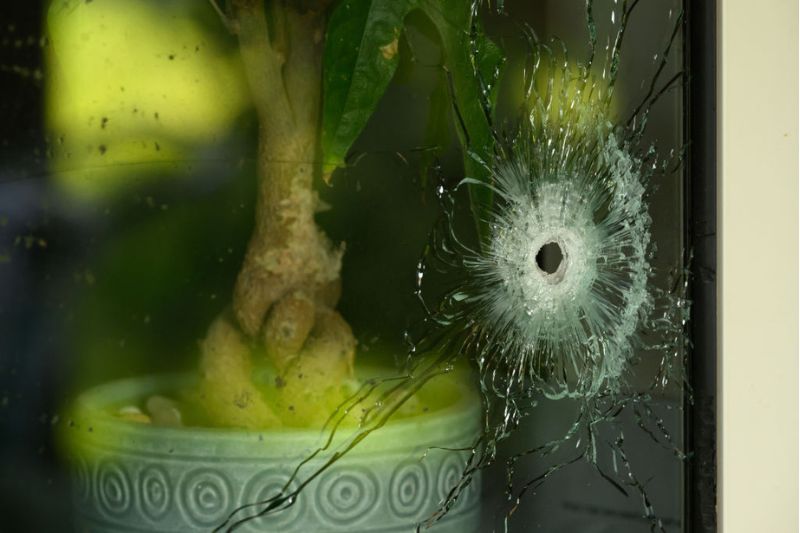
INTERNATIONAL
- Binoy Kampmark
- 26 October 2023
5 Comments
Following the Hamas attack on October 7, the world is forced to grapple with the profound complexities of the Israel-Palestinian conflict, a mire of historical grievances, selective narratives, and devastating violence. With both sides weaponising the weight of their tragedies for the international stage, the tragedy's core remains: innocent lives lost in a perpetuating cycle of violence.
READ MORE
-
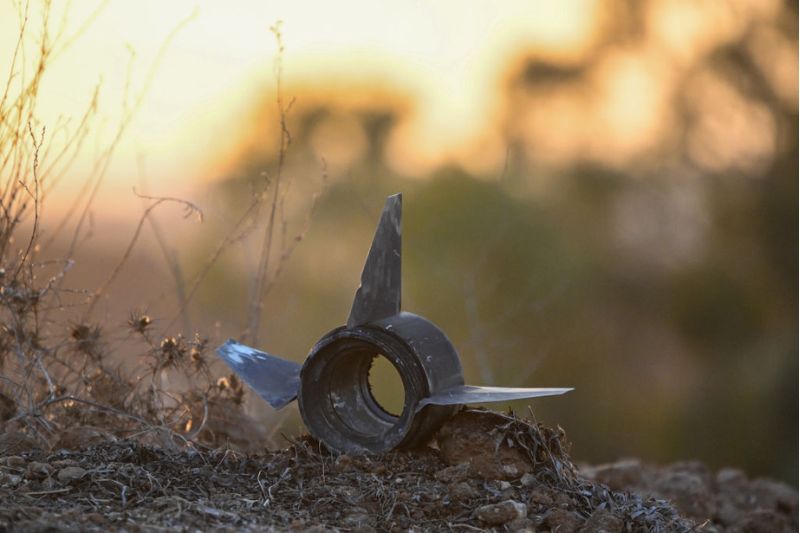
INTERNATIONAL
- Andrew Hamilton
- 26 October 2023
3 Comments
Amid escalating conflict between Israel and Hamas, the focus should turn to the mounting stockpile of advanced arms. In our bid to secure a world worth living through weapons, we may annihilate it. Disarmament may seem utopian, but the real madness lies in an unchecked arms race.
READ MORE
-

AUSTRALIA
- Mark Gaetani
- 12 October 2023
3 Comments
Beneath the facade of Australian prosperity lies a hidden country where over three million citizens, including a staggering 761,000 children, grapple daily with the hard choices that come with poverty. With an urgent need for reform, what policy shifts could bring about the transformation this nation needs?
READ MORE
-

AUSTRALIA
- Andrew Hamilton
- 04 October 2023
4 Comments
An examination of school reading lists and libraries unveils striking parallels with the debates and concerns surrounding the Referendum, highlighting the pervasive societal anxieties and the intricate interplay of national identity and values, and the ongoing need for empathy.
READ MORE
-
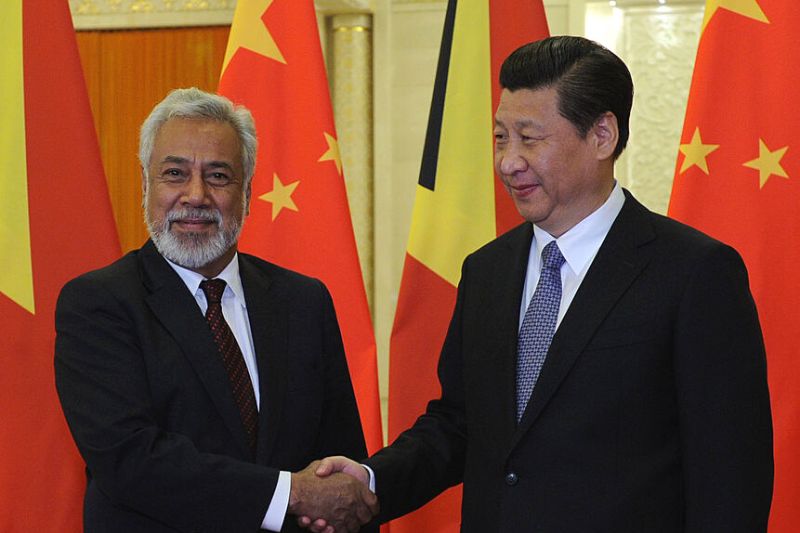
INTERNATIONAL
- Pat Walsh
- 04 October 2023
3 Comments
Prime Minister Xanana Gusmao's meeting with China's President Xi Jinping signals deeper cooperation between Timor-Leste and China. This evolving alliance, closely watched by Australia, raises questions about Beijing's motives and Timor-Leste's historical indebtedness. As China expands its influence in the Indo-Pacific, Timor-Leste's diplomatic balancing act comes under scrutiny.
READ MORE
-

AUSTRALIA
- Michele Gierck
- 22 September 2023
Can genuine dialogue influence societal change? In discussion with Professor Joe Camilleri, Michele Gierck explores initiatives to achieve productive public discourse, and the transformative power of conversation as our most effective catalyst for global change.
READ MORE 
-

AUSTRALIA
- John Falzon
- 21 September 2023
3 Comments
In the face of Australia's pressing housing crisis, is the solution merely a question of funds, or does it demand a deeper overhaul? Many are calling for a transformed government role, one that abandons the shackles of neoliberalism, prioritises social infrastructure, and champions the collective good over select interests.
READ MORE
-
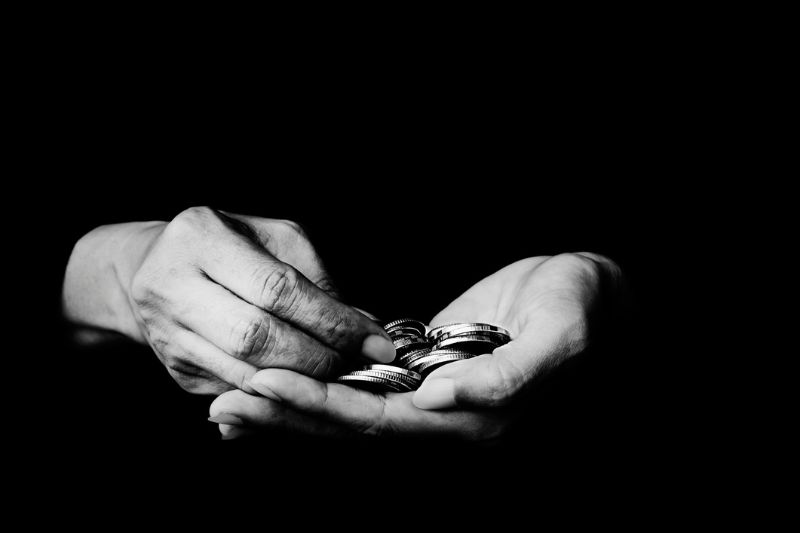
AUSTRALIA
- Mark Gaetani
- 02 September 2023
A new report for St Vincent de Paul Society suggests minor tax and welfare tweaks could lift 834,000 Australians from poverty. Amidst skyrocketing rents and income disparities, the call for an empathetic economic overhaul is louder than ever.
READ MORE
-
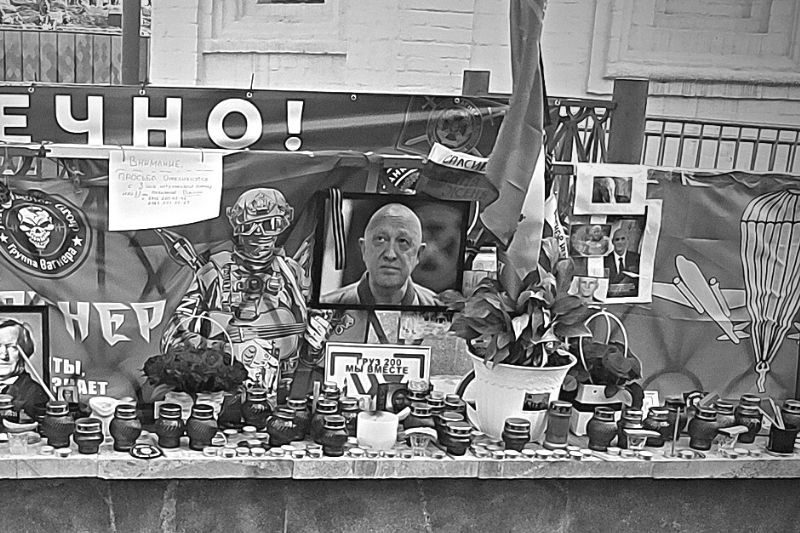
INTERNATIONAL
- Binoy Kampmark
- 29 August 2023
1 Comment
Yevgeny Prigozhin's rise in Putin's Russia reveals the Kremlin's treacherous balance of power. From hotdogs to leading the feared Wagner mercenary group, his ambition culminated in unpredictable consequences. The question is, will Putin be left stronger after this sanguinary purging?
READ MORE
-
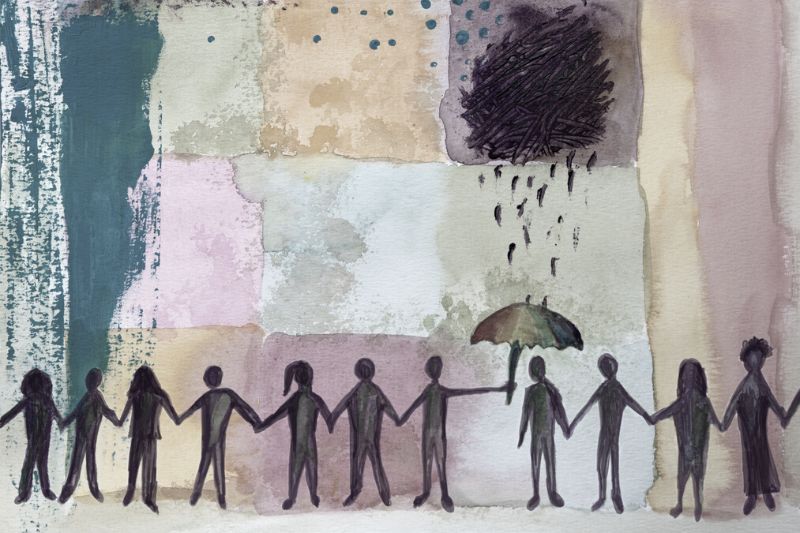
AUSTRALIA
- Barry Gittins
- 16 August 2023
1 Comment
Australia's wellbeing report reveals a nation under strain. The report, aligning with Treasurer Jim Chalmers' vision of aligning economic and social goals in Australia, evaluates mental health, income equality, and connection as communities still feel the aftershocks of the pandemic.
READ MORE
-
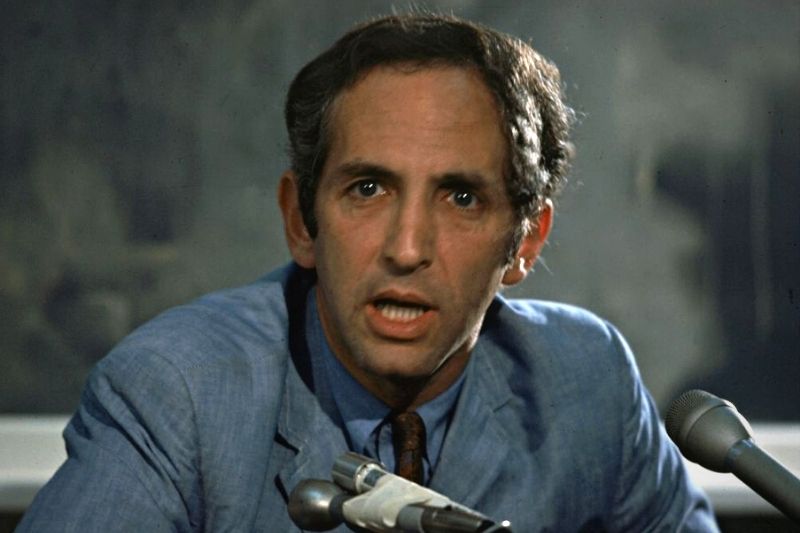
INTERNATIONAL
- Binoy Kampmark
- 08 August 2023
1 Comment
Before WikiLeaks, Daniel Ellsberg's release of the Pentagon Papers exposed U.S. deceptions in the Vietnam War. His journey from defence analyst to whistleblower leaves a legacy that resonates today. In an era where transparency is often overshadowed by retaliation, Ellsberg's story stands as a sobering reminder of the cost of truth.
READ MORE
-
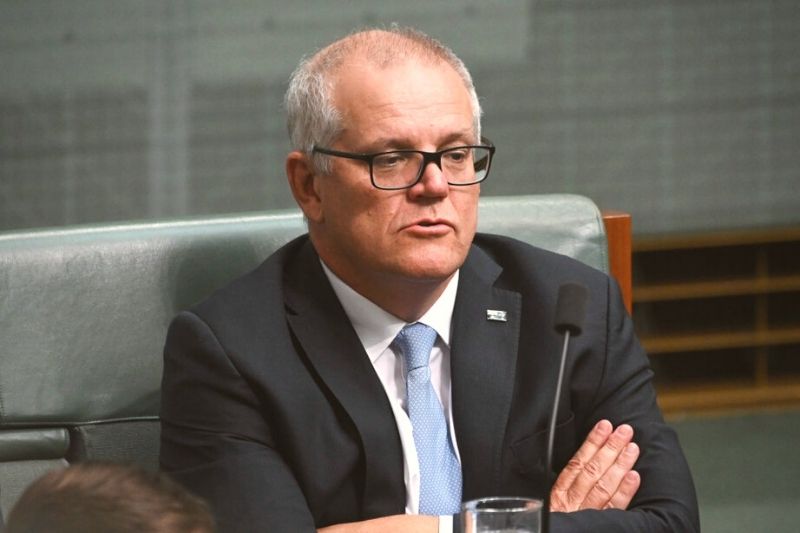
AUSTRALIA
- Mark Gaetani
- 02 August 2023
5 Comments
Despite causing despair and even leading to lives lost, those who orchestrated Robodebt from 2015 to 2019 appear unrepentant. Yet one fact remains unchallenged: this scheme lays bare a troubling disregard for the dignity of the most vulnerable in society.
READ MORE